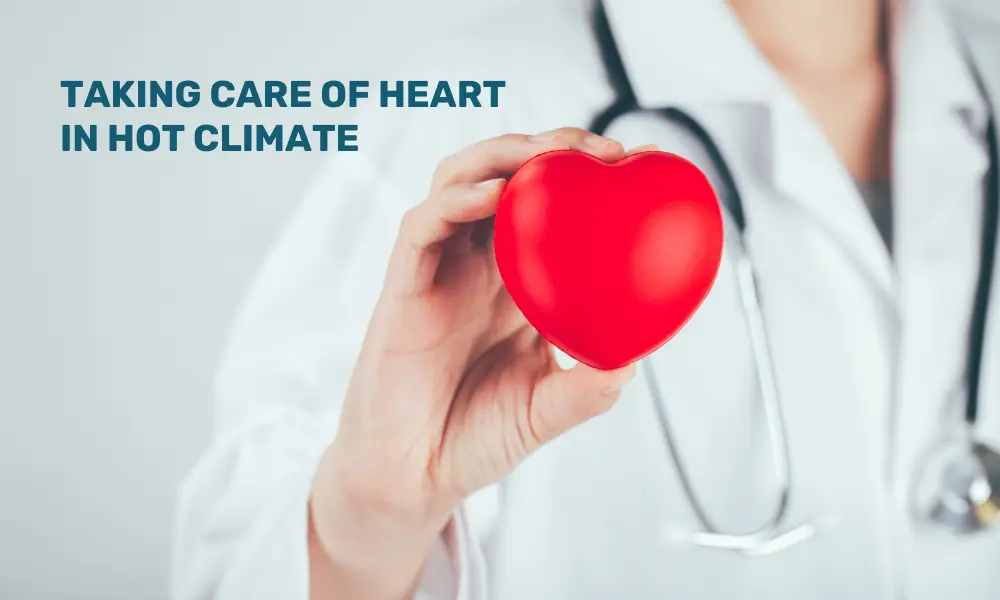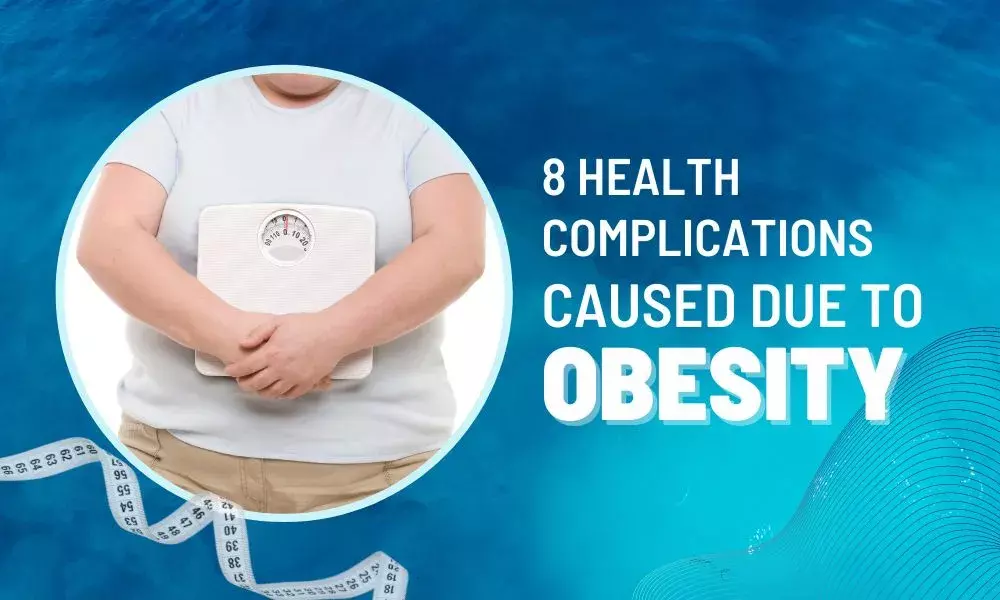Cardiovascular disease is one of the leading causes of death across all nations. The death count due to CVD has increased to 19.8 million in 2022 from 12.4 million in 1990. The increasing heat and temperature pose a considerably high risk for heart health.
Current trends of heart diseases
Apart from family history, diabetes, high BP and cholesterol, lifestyle, ageing, gender, or smoking are causal factors that may impact our heart health.
Besides affecting younger and younger people, heart disease is also now far more prevalent among females than it used to be. Heart disease traditionally affected the genders differently. Men tended to develop heart disease earlier in life than women. By age 45, heart disease was more common in men. Women tended to develop heart disease 10-15 years later than men, around ages 55-65. This was because estrogen was thought to have a protective effect on the heart in pre menopausal women. After menopause, women’s risk increases. Testosterone may contribute to higher risk in men.
Additionally, exposure to increasing temperatures can also significantly burden our heart health. The higher the temperature, the greater the threat. Nowadays high, heat-related cardiovascular diseases are responsible for a quarter of heat-related deaths.
High heat puts a lot of stress on the cardiovascular system. High humidity and high-temperature cause increased blood flow, which causes the heart to pump twice the amount of blood as compared to a normal day. This increases the risk of heart failure, heart attacks, and heart arrhythmias (irregular heartbeats).
Heart Health & Summers
In summer, blood circulation per minute doubles or quadruples compared to winter circulation. Heart conditions make you more vulnerable to heat-related illnesses. People with heart conditions, especially those who have suffered a heart attack, may be unable to pump enough blood to help themselves get rid of the heat.
Additionally, narrowed arteries due to cholesterol may hamper blood flow, while other health conditions like diabetes, stroke, and other memory conditions may adversely affect the brain’s response to dehydration. All of this increases the risk of heat-related illnesses.
Tips for taking Care of Heart in Hot Climate
It is essential for us to protect ourselves in peak summers and hot climates. To take care of our hearts, we must follow the tips given below:
• Check weather forecasts and plan the day accordingly. On hot days, avoid leaving the house or exposing yourself to direct sunlight. If stepping out is unavoidable, ensure one rests in the shade as and when possible.
• Safeguard your skin. A sunburn can prevent your body from keeping cool. Apply proper SPF, wear accessories like a hat and sunglasses, and wear loose clothes to regulate heat.
• Hydrate yourself in a gap of 20 minutes. You need to be hydrated in peak summers. Ensure you drink water even when you are not thirsty or need a drink. If you are on medication or have a heart-related condition, consult your doctor about how much water you can intake to avoid swelling.
• Avoid soda, caffeinated beverages, and alcohol. Soda slows the pace of water from the digestive to the bloodstream, while caffeine and alcohol dehydrate the body.
• Have a heart healthy diet to prevent yourself from any heart related complications.
While all these tips may help you prevent stressing your heart, it is also crucial for you to understand and identify symptoms of heat-related illnesses.
In case of any emergency, immediately ask for help and consult your doctor. Being aware of the symptoms and your body’s response to heat and taking precautions can help you drastically reduce the risk of developing any heart-related complication. Also, people with heart disease must have regular checks during the summer.





